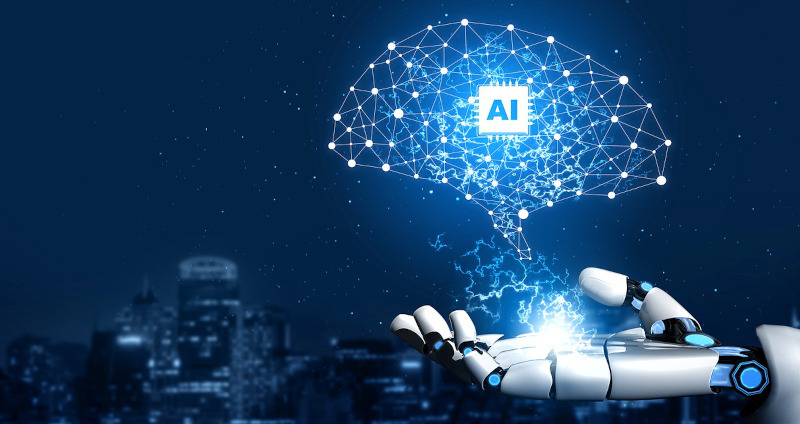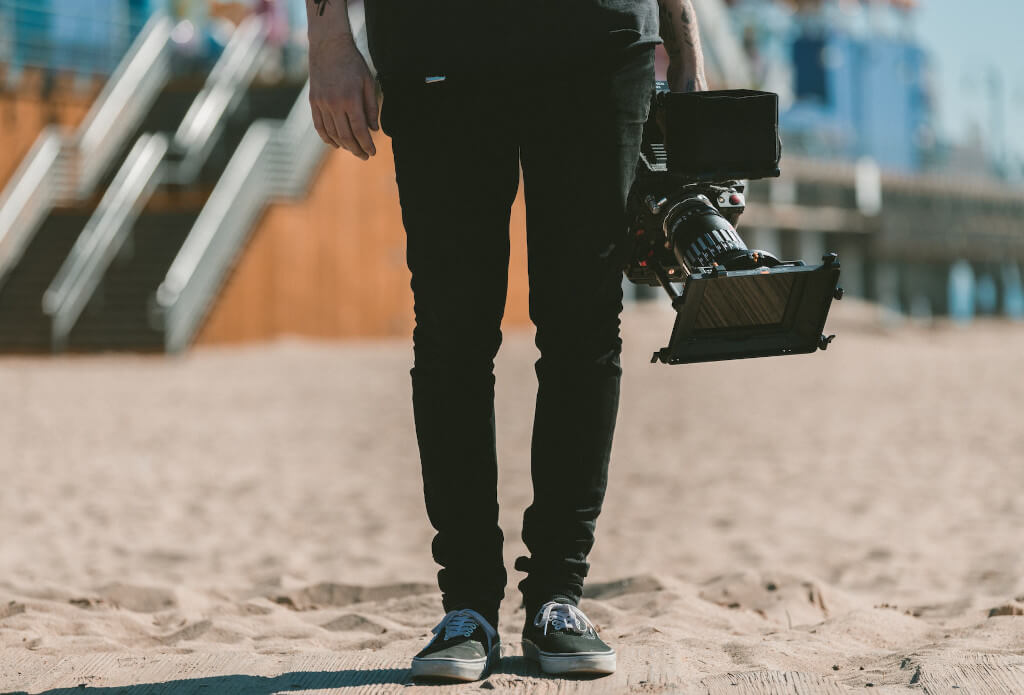The fast development of AI in recent years has sparked fears that machines would eventually replace humans in many occupations. The film business is not immune to concerns that artificial intelligence may replace human workers. In this article, we will discuss whether or not artificial intelligence (AI) poses a threat to human filmmakers.
What is AI and How is It Being Used in Filmmaking?
Machine learning and natural language processing are just two examples of the many areas of filmmaking where AI technologies are already being put to use. Artificial intelligence systems can study viewer habits and tastes to inform creative choices in filmmaking. Pre-production is another area where AI can be put to good use by reading screenplays and making suggestions for changes.
Post-production is another aspect of filmmaking that is being influenced by AI. Adobe Premiere Pro and Apple’s Final Cut Pro already make use of AI to automate certain tasks, such as audio and colour correction, in the video editing process. Artificial intelligence algorithms can also be utilized to make computer-generated characters and environments.
However, these improvements notwithstanding, AI is still restricted in some areas of filmmaking. When compared to human filmmakers, for instance, AI can develop basic narratives and scripts, but it cannot mimic originality and emotion. The more sensitive components of filmmaking, like directing actors and recording authentic performances, are also beyond the capabilities of AI.
Human Filmmakers and Their Importance
There are significant ethical and practical problems that arise when artificial intelligence is used in filmmaking. Others suggest that rather than completely replacing human filmmakers, AI technology will merely supplement and augment human creativity.
Filmmaking is an art form that relies on the director’s imagination, intuition, and an understanding of human emotion. While AI has the potential to streamline processes like video editing and visual effects, it will never be able to replace human creativity and judgment in the filmmaking process.
In addition, the creation of a film requires the work of numerous experts in other fields, such as screenwriters, actors, editors, and cinematographers. While AI has its uses, it simply cannot replace the synergy and enthusiasm of a group of human experts working together to achieve a common goal.
So, What Do the Existing Algorithms Detect?
Companies at the forefront of this new sector have prioritised numerous areas for technological progress:
- Target Marketing
- Project Greenlighting
- Other Predictive Gross Actionable Insights
For the time being, “Predicted Gross” will be the key driver of expansion in this sector. So, let’s take a closer look at the forecasted gross analysis. Companies can extrapolate gross revenue forecasts for movies before they have even left the script process, thanks to the use of powerful big data analysis programmes.
The ‘ingredients’ of a film can be deduced by these programmes by analysing the percentages of various genre features present in a given script. After compiling this information, it may be compared to several databases containing information about films following the same formula.
Let’s use a fresh romantic comedy script as a rudimentary illustration. By contrasting the relative amounts of various genre staples like humour, romance, etc. Then, by comparing the data to historical precedents, the AI can derive a broad prediction range, within which the film is likely to be placed.
This may seem implausible, but when applied to multiples of ten, hundreds, or even thousands of observations, the results are consistent. The predicted accuracy of this technology is pretty high indeed, with several of the biggest data-assisted filmmaking companies reporting accuracy in the mid to high 80% range.
Naturally, film studios are beginning to see the value in this technology, especially when it comes to giving the go-ahead for production. Warner Bros. recently signed a partnership to have its scripts analysed to get gross forecasts, bringing attention to this trend.
The Path Forward for Cinema
While it’s impossible to know exactly how AI will develop in the film industry in the future, we can be sure that it will play a bigger and bigger role. AI technologies can be helpful tools for filmmakers, but they should not be seen as a replacement for human talent.
Experts believe AI has the potential to improve the creative process by bringing fresh ideas and viewpoints to the table that humans may overlook. Algorithms powered by artificial intelligence, for instance, can sift through mountains of data in search of trends and patterns that could inspire fresh, original plot points.
While AI has many useful applications, it cannot replace human ingenuity or empathy. Artificial intelligence (AI) technology may automate some activities, but it cannot replace humans in the creative process of filmmaking. Human directors of photography have insights and emotional intelligence that machines simply can’t match.
AI is Becoming Increasingly Significant

To sum up, AI is becoming an increasingly significant tool in the film industry, but it will not eliminate the need for human filmmakers. The human touch and originality that human filmmakers bring to their work cannot be replicated by artificial intelligence technology, which can automate some activities and provide important insights.
There are a wide variety of specialists that work together to create a film, and AI is just one tool they can use. Human filmmakers have advantages over computer-generated ones, such as their perspective, emotional intelligence, and intuition. Artificial intelligence (AI) has the potential to improve the creative process by revealing previously unnoticed angles and ideas to filmmakers.
Despite the growing prevalence of AI technologies in the industry, human filmmakers’ imagination and empathy will remain indispensable. Artificial intelligence will serve as an aid to human ingenuity rather than a threat to it. The future of artificial intelligence (AI) in the film industry will depend on how successfully it can satisfy the demands of human filmmakers and audiences.
